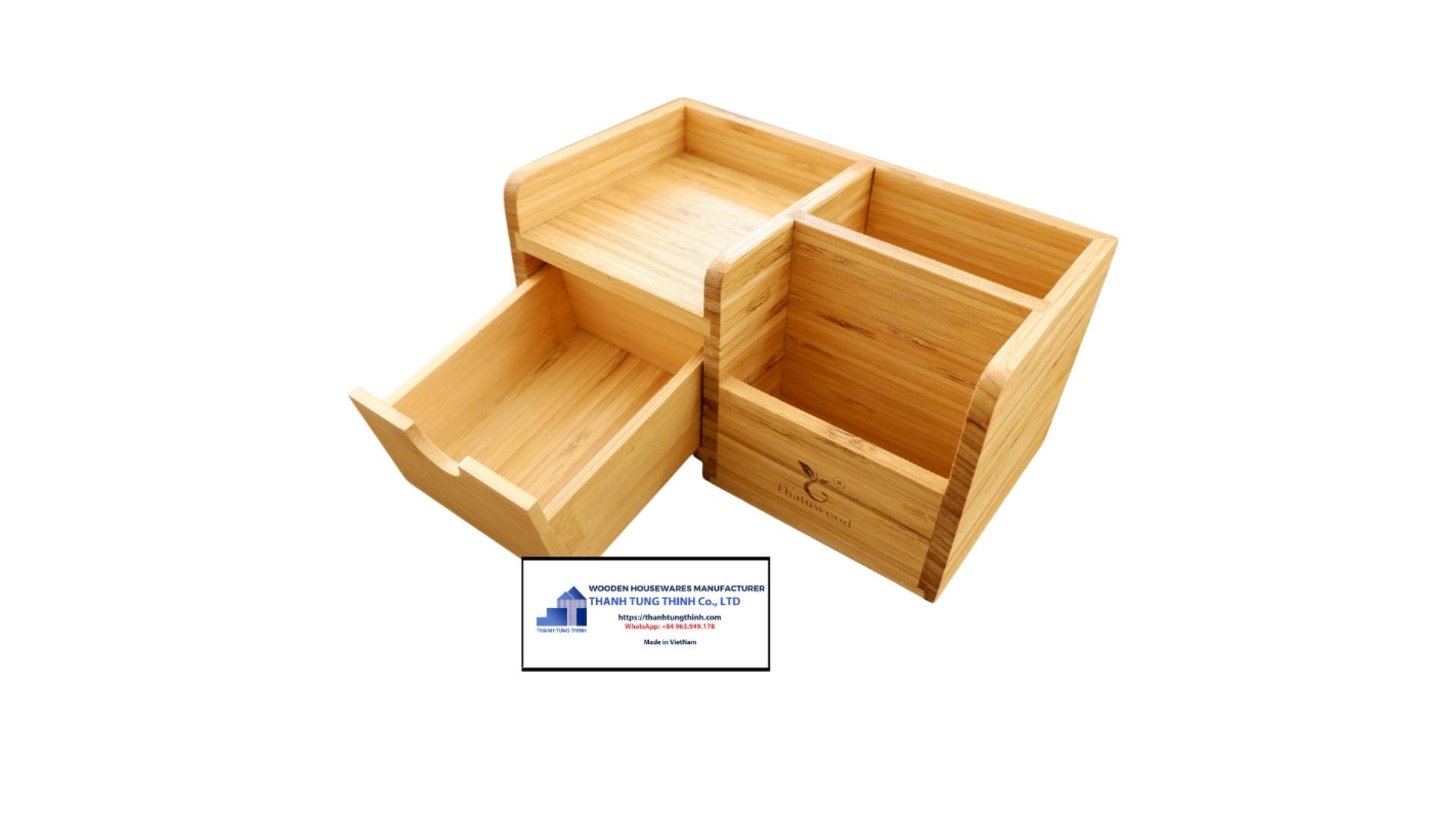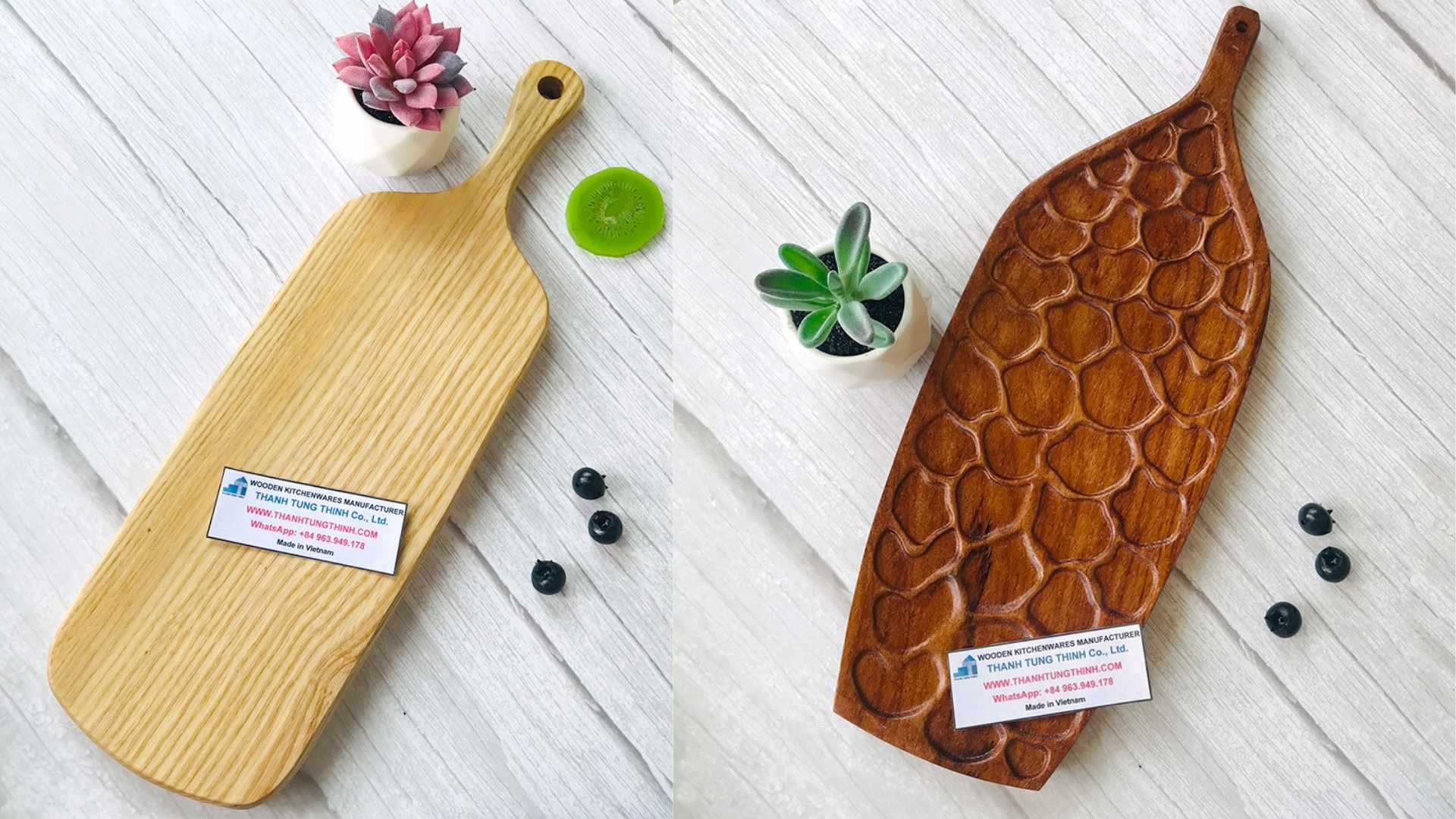Why Businesses Are Investing in Wooden Products: Market Trends from Top Manufacturers
As sustainability becomes a top priority in global markets, businesses are shifting towards eco-friendly materials to meet consumer demand and regulatory requirements. Wooden products have emerged as a preferred choice, offering a perfect balance of durability, aesthetics, and environmental responsibility. From retail and hospitality to furniture manufacturing, companies are increasingly investing in wood to align with green consumer trends and gain a competitive edge. But why is this shift happening, and what insights can top manufacturers provide? In this article, we’ll explore key market trends, business advantages, and expert insights on why wooden products are shaping the future of sustainable commerce.
Introduction: The Growing Business Case for Wooden Products
Sustainable Consumer Trends and Their Impact on Businesses
In recent years, the shift toward sustainable consumerism has dramatically reshaped industries worldwide. According to a Nielsen report, 73% of global consumers are willing to change their consumption habits to reduce environmental impact. This shift has placed businesses under increasing pressure to adopt eco-friendly materials, and wooden products have emerged as a key solution.

For businesses, investing in sustainable materials like wood is no longer just about corporate social responsibility (CSR); it's a strategic move to align with market demand. B2B buyers, especially in sectors like retail, hospitality, and manufacturing, are actively seeking suppliers who offer sustainable alternatives. Companies that fail to adapt risk losing market share to competitors that prioritize green solutions.
Why Wood Is Replacing Traditional Materials
Compared to conventional materials like plastic, metal, and composites, wood offers distinct advantages:
- Durability & Longevity: High-quality wood, especially hardwood varieties, can last decades with minimal maintenance, outperforming many synthetic alternatives.
- Aesthetic & Branding Appeal: Natural wood conveys a sense of authenticity, luxury, and craftsmanship—qualities that resonate with modern consumers.
- Lower Carbon Footprint: Unlike plastic, which generates over 400 million tons of waste annually, wood is biodegradable and can be sourced sustainably through responsible forestry.
- Regulatory Compliance: Many governments and regulatory bodies, including the EU and the U.S., are enforcing stricter policies on non-recyclable materials, making wood an increasingly viable alternative.
Businesses that recognize these benefits early will position themselves as industry leaders in sustainable innovation. As global markets continue shifting toward environmentally responsible choices, the demand for wooden products is set to surge, making it a profitable long-term investment for B2B enterprises.
The Business Drivers Behind the Rise of Wooden Products
How Is the B2B Market Driving Demand for Wooden Products?
The demand for wooden products in the B2B sector has surged due to their versatility, sustainability, and premium appeal. Industries such as furniture, food & beverage (F&B), and retail are leading this shift, integrating wood into their product offerings and interior designs.
- Furniture Industry: The global wooden furniture market is expected to grow at a CAGR of 5.6% from 2023 to 2030, with businesses favoring solid wood for its durability and aesthetic value. Companies investing in custom-made wooden office desks, chairs, and shelves are responding to growing consumer demand for natural and eco-conscious designs.
- F&B Industry: Restaurants and cafés increasingly use wooden trays, serving boards, and packaging as a plastic-free alternative that aligns with consumer sustainability preferences. Wooden cutlery and biodegradable packaging are gaining traction, particularly in the premium and eco-conscious dining segments.
- Retail & Branding: High-end brands use wooden displays, product packaging, and store décor to elevate brand perception and emphasize sustainability. Retailers like Apple and IKEA incorporate wooden elements in store designs to create a warm, natural shopping environment.

The shift towards wood is not just an aesthetic preference; it aligns with customer expectations, brand differentiation, and long-term investment in sustainable practices.
Are Businesses Facing Pressure from ESG & Sustainability Standards?
Environmental, Social, and Governance (ESG) regulations are pushing companies across industries to adopt eco-friendly materials—and wood is a top contender.
- Global Corporations Leading the Shift: Companies like Nike, Unilever, and Patagonia have committed to sustainability goals, requiring their supply chains to adopt greener practices. This has increased demand for certified wooden products in packaging, retail displays, and office furniture.
- Carbon Neutrality & Circular Economy Goals: With net-zero commitments by 2030-2050, businesses are replacing plastic and non-recyclable materials with responsibly sourced wood to lower their carbon footprints.
- Consumer & Investor Expectations: Surveys indicate that 76% of global consumers prefer purchasing from brands committed to sustainability. Investors are also favoring companies with clear ESG roadmaps, making wooden product adoption a strategic move for businesses.
As regulatory frameworks tighten, businesses integrating FSC-certified or reclaimed wood into their operations gain a competitive edge in sustainability rankings.
Wooden Products in Premium Brand Building
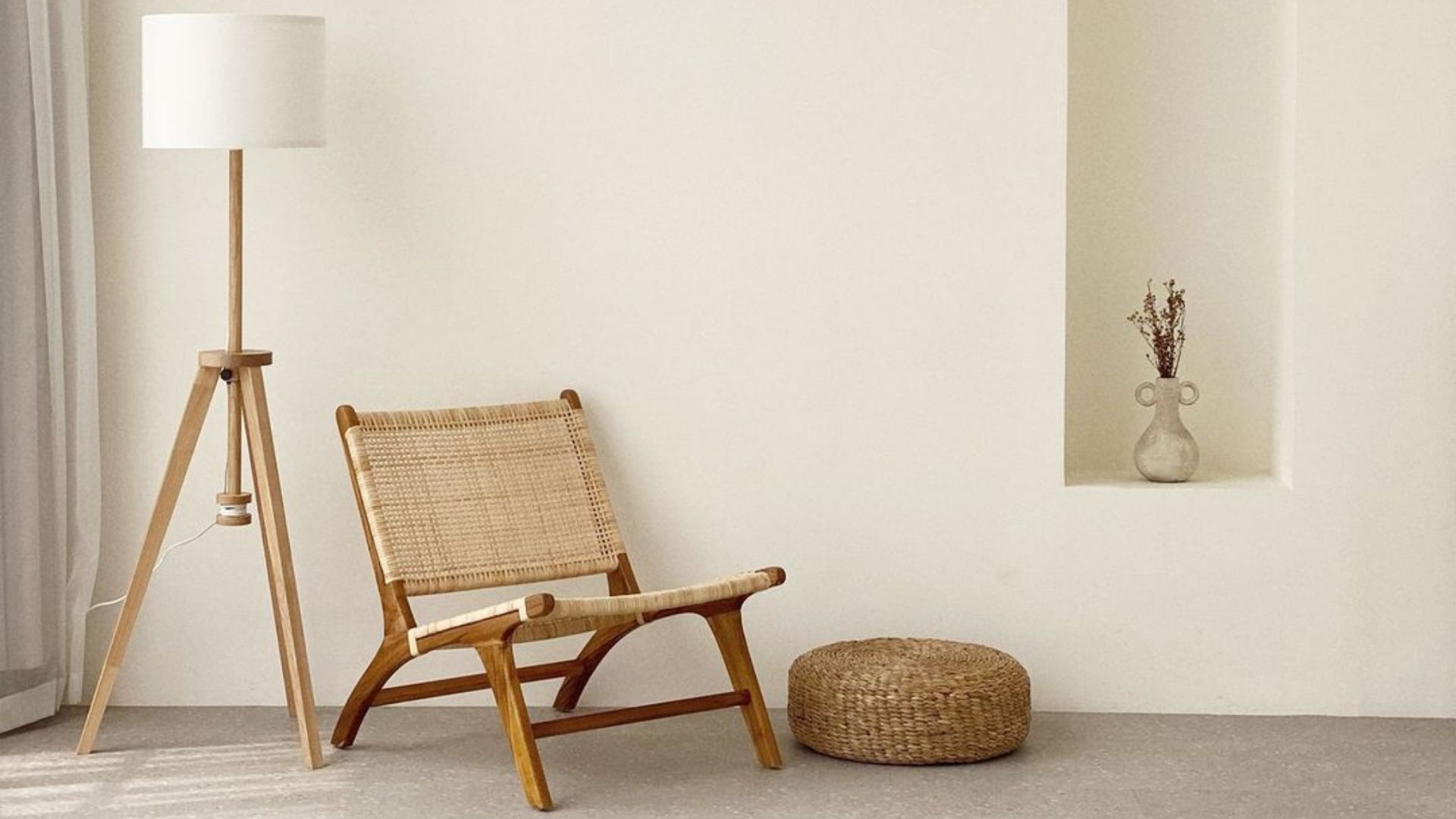
Luxury and high-end brands are leveraging wooden elements to craft unique, timeless product lines that enhance brand perception.
- Luxury Packaging & Retail Spaces: Premium brands such as Louis Vuitton and Gucci use wood for luxury packaging, in-store furniture, and custom product displays, creating an elegant, eco-conscious brand image.
- Automotive Industry: High-end car manufacturers like Rolls-Royce and Bentley incorporate handcrafted wooden interiors, showcasing exclusivity and craftsmanship.
- Limited-Edition Wooden Products: Brands in watches, eyewear, and electronics (e.g., TAG Heuer’s wooden box editions) are offering wood-infused products that enhance exclusivity and desirability.
For brands looking to position themselves in the premium segment, incorporating handcrafted wooden products or eco-conscious wooden packaging adds both aesthetic and ethical value.
Policies & Regulations Supporting Business Investments in Wooden Products
Governments worldwide are implementing green policies, subsidies, and tax incentives to encourage sustainable materials like wood.
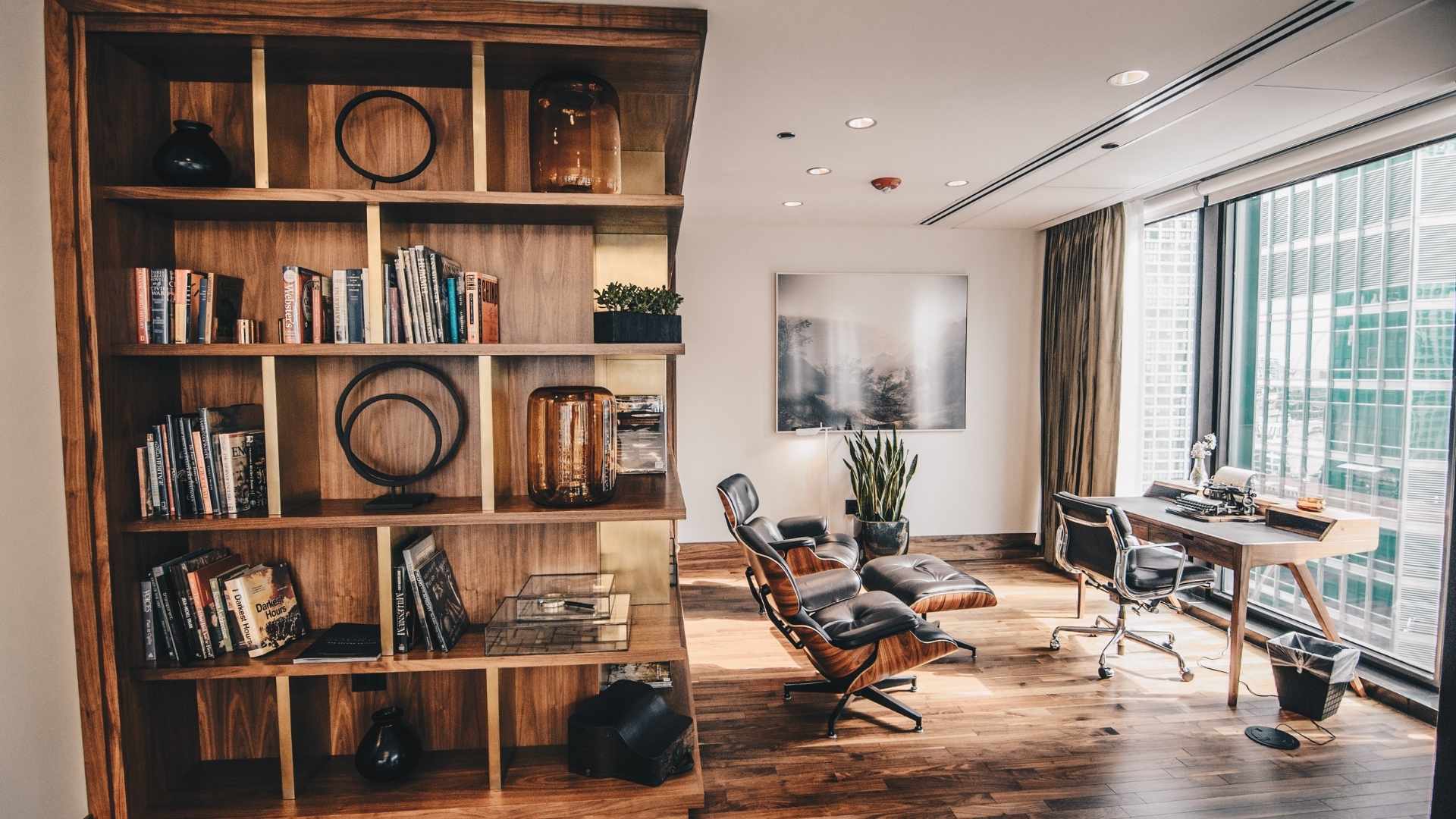
- EU Green Deal & EcoDesign Directive: The European Union enforces strict eco-design and circular economy policies, rewarding companies using sustainable materials in production.
- US Federal Sustainability Plan: The Biden administration has set a net-zero government procurement goal, favoring eco-friendly, recyclable materials like wood for government contracts.
- Asia’s Growing Regulatory Push: Countries like Japan, South Korea, and China are introducing plastic reduction policies, increasing demand for sustainable materials like bamboo and reclaimed wood in industries such as packaging and construction.
- Tax Incentives for Sustainable Sourcing: Many countries offer tax benefits or grants for businesses using FSC-certified wood, promoting responsible sourcing and reducing deforestation risks.
These policies make investing in wooden products not only a sustainable choice but also a cost-effective strategy for businesses looking to align with future regulatory requirements.
Industry Insights: Which Businesses Are Investing in Wooden Products?
In today's evolving market, businesses are shifting toward wooden products as a sustainable and aesthetic alternative. Various industries, from hospitality to e-commerce, are leveraging wood for its durability, eco-friendliness, and premium appeal. Below, we explore how different sectors are integrating wooden products into their operations and the driving factors behind this trend.
Hospitality & Retail: Wood Enhancing Premium Customer Experiences
Luxury hotels, resorts, and retail brands are increasingly incorporating high-quality wooden furniture and décor to create a warm, inviting ambiance. Solid wood furniture, wooden serving trays, and custom wooden signage contribute to an upscale experience, aligning with the growing demand for eco-conscious hospitality. Brands like Marriott and Hyatt have adopted wooden interiors to enhance guest satisfaction while reinforcing their commitment to sustainability.

Food & Beverage: Can Wood Replace Plastic Packaging?
With the global push toward plastic reduction, the food and beverage industry are turning to wood-based packaging solutions. From wooden cutlery and biodegradable trays to premium wooden gift boxes for gourmet products, businesses are responding to consumer preferences for eco-friendly alternatives. These products not only meet food safety standards but also align with brands positioning themselves as environmentally responsible.

Offices & Workspaces: Why Businesses Prefer Wooden Interiors
Corporate offices and co-working spaces are investing in wooden desks, chairs, and decorative panels due to the psychological benefits of wood in work environments. Studies suggest that natural materials reduce stress, enhance productivity, and create a more comfortable atmosphere. Major tech firms and startups are incorporating wooden workspaces to boost employee well-being while reinforcing a modern yet sustainable brand identity.

The Boom of E-commerce and Its Opportunities for Wooden Products
E-commerce platforms like Amazon, Alibaba, and Etsy have witnessed a significant increase in wooden product sales, ranging from home décor and furniture to customized wooden accessories. As consumers shift towards handcrafted, sustainable items, businesses are capitalizing on this trend by offering personalized wooden products that cater to a global market. The demand for wooden wholesale products is also rising, making this sector a profitable opportunity for manufacturers.
Unlocking Competitive Advantage with Wooden Product Investment
As businesses seek to differentiate themselves in an increasingly competitive market, wooden products have emerged as a strategic investment that offers both aesthetic appeal and sustainability. From custom branding opportunities to long-term cost benefits, investing in high-quality wooden products can strengthen brand identity, improve customer perception, and align with the growing shift toward eco-conscious business practices. Below, we explore how companies can leverage wooden products to gain a competitive edge.

Strengthening Brand Identity with Exclusive Wooden Products
In today’s crowded marketplace, businesses must find innovative ways to stand out. OEM and ODM wooden product manufacturing allow brands to develop exclusive, signature product lines that reflect their identity.
Case Study: Custom Wooden Packaging for Luxury Brands
A growing number of luxury retailers and premium food brands are replacing plastic and cardboard packaging with custom-designed wooden boxes. High-end brands such as Chanel, Rolex, and Godiva have incorporated engraved wooden gift boxes to elevate their brand experience, enhance perceived value, and cater to sustainability-focused consumers.
By offering branded wooden merchandise—from personalized wooden coasters to engraved corporate gifts—businesses can create a stronger emotional connection with customers while reinforcing a premium brand image.
Is Investing in Wooden Products a Cost-Effective Long-Term Strategy?
A common concern for businesses considering wooden product investment is the initial cost. While wooden products typically have a higher upfront cost than plastic or metal alternatives, their durability, timeless appeal, and lower long-term maintenance costs make them a high-ROI investment.
Comparing Wood vs. Other Materials: ROI Analysis
| Material | Initial Cost | Durability | Sustainability | Aesthetic Appeal | Long-term Roi |
| Wood | Medium-High | High | Renewable & Recyclable | Warm & Premium | High |
| Plastic | Low | Low-Medium | Non-biodegradable | Mass-market | Low |
| Metal | High | High | recyclable | Industrial | Medium-High |
Businesses in hospitality, retail, and office design report that wooden products last longer, require fewer replacements, and provide a high-end feel that enhances customer satisfaction. Hotels, coffee chains, and coworking spaces are increasingly shifting to wooden furniture and décor for these reasons.
Personalization Trends in the Wooden Industry: Should Businesses Adopt Them?
Customization is one of the fastest-growing trends in the wooden product industry, allowing businesses to offer unique, high-value items that cater to niche audiences.
Popular Personalization Technologies for Wooden Products
- Laser Engraving & Cutting – Used for branded corporate gifts, promotional items, and premium packaging
- Logo Printing & UV Printing – Ideal for custom branding on wooden trays, furniture, and product displays
- Epoxy Resin Infusion – A rising trend in wooden décor and furniture, adding a luxurious, artistic touch
- CNC Carving & Handcrafting – Allows for intricate, high-end wooden designs

Example: Artisan coffee shops are using custom-branded wooden serving boards with their logos engraved, adding an authentic and premium feel to their service. Similarly, luxury real estate developers integrate engraved wooden nameplates for an exclusive branding touch.
Takeaway: Businesses investing in personalized wooden products can command higher price points and foster stronger brand loyalty.
Wood and the Circular Economy: Opportunities for Sustainable Businesses
The adoption of circular economic principles in wooden product manufacturing presents significant business opportunities. Companies committed to sustainability and waste reduction are increasingly opting for recycled wood, FSC-certified materials, and zero-waste production methods.
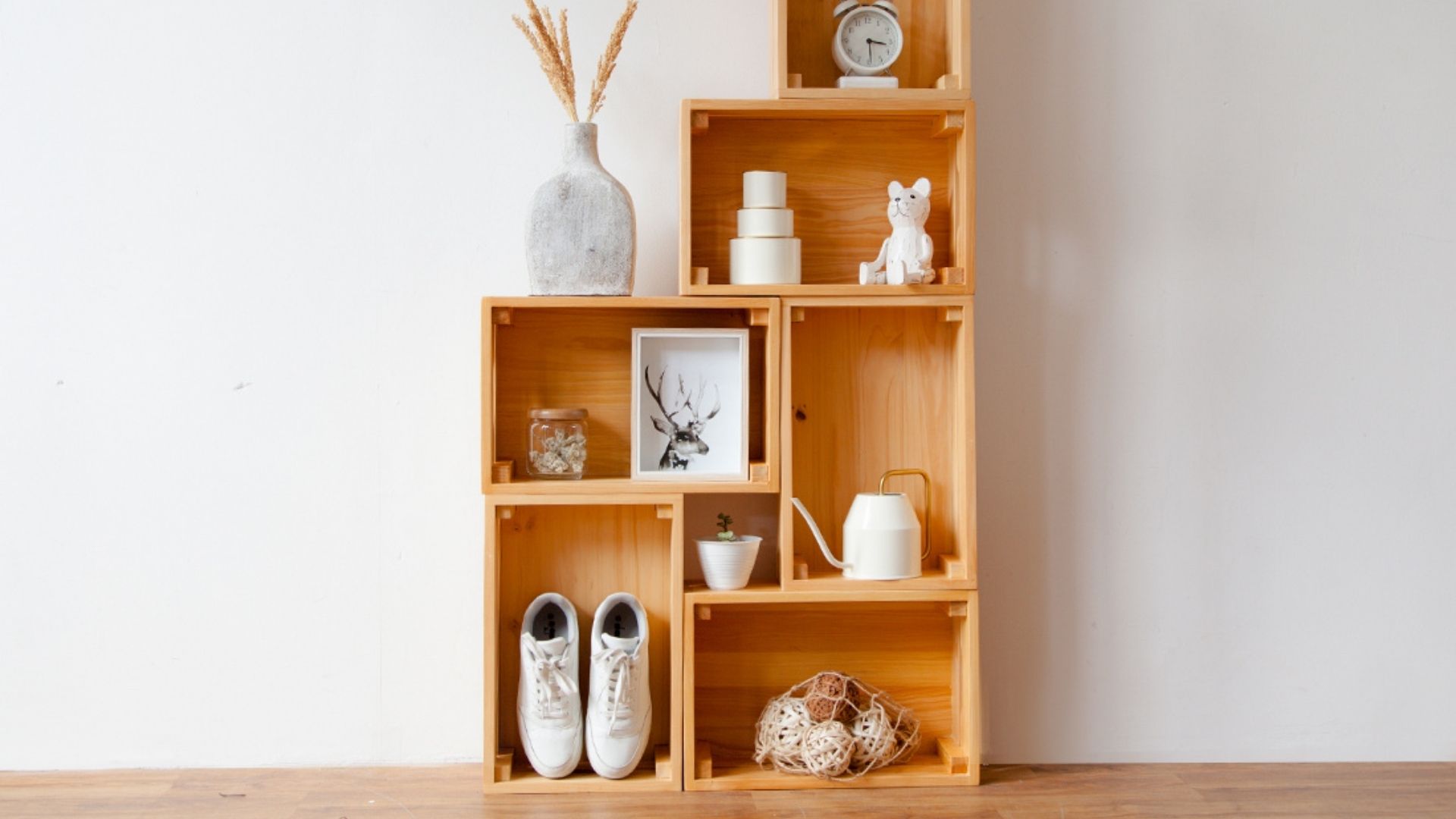
How Businesses Benefit from Sustainable Wooden Practices
- Cost Savings: Using reclaimed wood or sustainably sourced materials reduces material costs and attracts eco-conscious consumers.
- Regulatory Compliance: Many regions now incentivize businesses that follow sustainable manufacturing processes, offering tax benefits and certification advantages.
- Brand Differentiation: Businesses that highlight environmental responsibility gain an edge in competitive markets where sustainability is a key selling point.
Example: Furniture brands like IKEA and West Elm have successfully integrated reclaimed wood and FSC-certified timber into their product lines, reinforcing their sustainability commitments and appealing to conscious consumers.
Final Thoughts: Why Investing in Wooden Products Matters for Businesses
Businesses investing in wooden products gain not only aesthetic and branding advantages but also long-term cost savings and sustainability benefits. As consumer demand shifts toward eco-friendly and personalized solutions, companies that embrace wooden product investments will be well-positioned for growth.
After exploring the reasons why many businesses are turning to wooden products or shifting into the wood industry, we can see the vast potential of this sector when applied to the business market.
In the next article, we will explore how we can overcome challenges and achieve success in this industry.
Contact us now for ordering consultation. Custom handmade products are available at special discounted prices.
No. 227 To Hien Thanh Street, Ward 13, District 10, Hochiminh city, Vietnam.
Email: helenthi@thanhtungthinh.com & support@thanhtungthinh.com & info@thatuwood.vn
WhatsApp: +84 963.949.178



